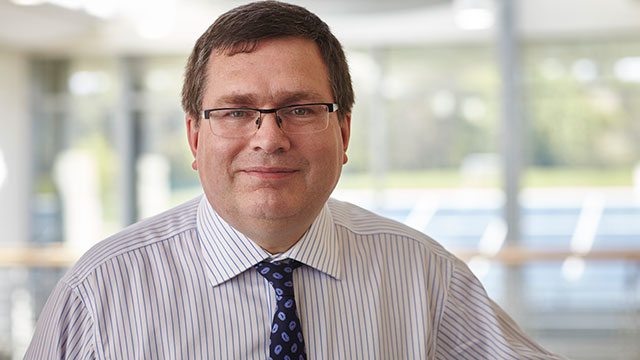Published:

Writing in today's edition of The Times Scotland (24 August), Professor Richard A. Williams, Principal and Vice-Chancellor of Heriot-Watt University, shares his view on climate change and the steps needed to meet net zero targets.
The causes of climate changes are well diagnosed. Articulation of realistic paths to net-zero and other sustainability imperatives are absent. The consequence is that citizens and politicians are confused, worried and even panicked.
The resultant well-intentioned wish ‘to do something' results in rash decisions underpinned by poor judgment and baking-in national projects that represent acute economic wastefulness and a focus on the wrong priorities.
At policy level, one instance is the aspiration and assumptions around the introduction of e-cars – it will not deliver net zero. It is becoming a big business driver. We need honesty and end-to-end carbon accounting of the whole system along its full path of implementation. A concern is that we focus only on the more obvious, visible things – activities that have made their way to the top of the media agenda.
This results in a lack of awareness of basic information, we might call this carbon literacy, whereby the actual impacts of personal decisions are hidden. For example, it isn't obvious to most of us that sport – leisure or professional – has an emissions impact that can far exceed one's air travel tariff. The average annual footprint for individual sport participation is of an order of one tonne of carbon dioxide a year, with some activities such as golf and water sports double the average. Team and international events and digital coverage add vastly to these footprints. We need to be aware so we can react and understand options and work to mitigate matters wisely.
Mitigations for climate change are largely long term and need to be presented and committed to on this basis – whereas current national political processes present partisan views that can divide and stagnate, rather than corral united action.
We need to achieve our own personal carbon literacy, enabling us to better understand factual realities. At national and regional level, we require long-term, worked-up plans for mitigation gamified, so we can understand the level of adoption that is being targeted. We should expect a national implementation pathway that considers known expected improvements in carbon reduction, so we can focus on the right things (the most wicked problems).
As an engineer committed to global sustainability, I am confident we can deliver solutions provided we have the ambition, confidence and awareness. We need a radical decisive, long-term framework based on reality and built-on enhanced citizen understanding, not short-term platforming.
Professor Richard A. Williams
Principal and Vice-Chancellor of Heriot-Watt University